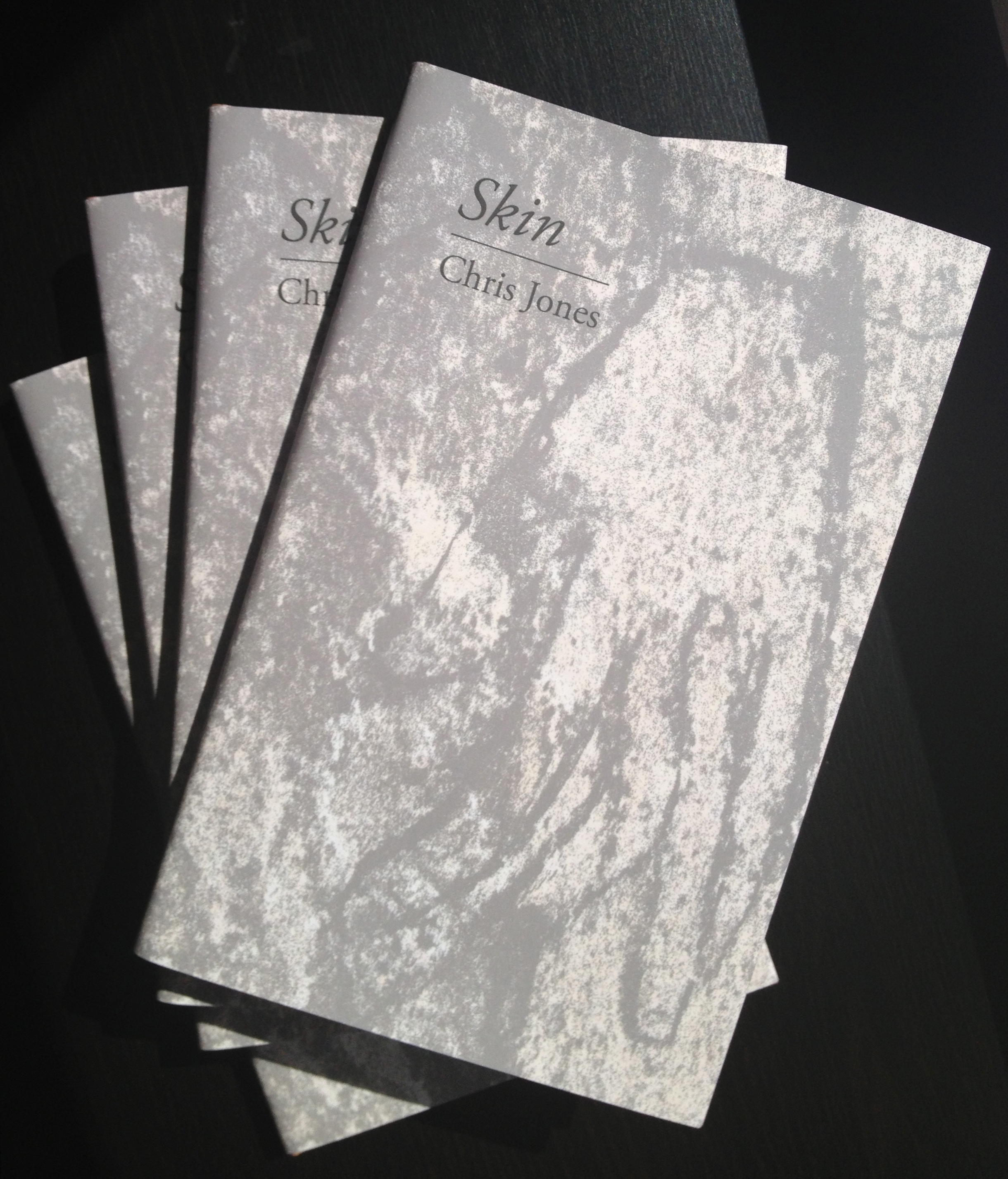LitMag #1, Spring 2017, ed. by Marc Berley, Vered Sussman, Jill Wright & Paul Sloan
– Reviewed by Edward Ferrari –
Submit to LitMag and you won’t be charged a fee, and, if your work is accepted, you can expect to be paid handsomely. Editor Marc Berley’s strategy, explained in his piece in Publisher’s Weekly, is “to nurture writers rather than add to the haze of exploitation that has come to surround magazines.” Speaking to that ‘haze’, Berley says the aim of LitMag is to “build … the community” by not “diminish[ing] the range of writers who can submit.”
The respect for writers Berley sets out to foster is clearly represented in the high production values of the magazine. From the generous margins and lavish full page quotes, to the understated cover, LitMag presents the short stories, essays, and poems selected for its first issue in the best possible light.
With more than two thirds of LitMag’s pages taken up with the short stories of nine authors, a reader would be justified in seeing this issue as more of a fiction anthology than a general ‘lit’ magazine. This is great news for the fiction writers such as Chinelo Okparanta, Valerie O’Riordan, and Kevin Moffett, who come to represent the core strength of the magazine.
Moffett’s incisive short story, “City of Trees,” satirizes bougie Claremont, California—“City of Trees and PhDs”—where David Foster Wallace ended his life, and where Moffett teaches. Moffett’s stylistic approach, his crisp surrealist images, brutally succinct syntax, and dark humor lend LitMag a bit of bite:
One night my son woke up crying because of some noise outside and I pulled back the blinds to show him everything was okay. There on our front yard were four ecstatic-looking coyotes devouring a neighbour’s cat. This did not reassure him. Why are they doing that? he asked. After he’d stopped crying. They’ll starve if they don’t, I told him. But, hey, isn’t it kind of wonderful how all four were cooperating with each other? He didn’t think it was wonderful.
Similarly perceptive, Chinelo Okparanta’s short story “David & Osi” offers—through the lens of a mixed race relationship—a sharp and observant analysis of identity politics. Alternating perspectives between David and Osi, Okparanta captures the mounting tension in their relationship in a way that illuminates both the interior and exterior pressures of lives lived on the borders of identity.
She would teach them that a Nigerian was capable of winning more cases than all of them put together. All of this had caused him to think longingly back to that time before their lives grew to revolve only around her work and her identity. Now, even the girls took a backseat to her workplace identity lessons.
While Okparanta’s vital and compelling narrative reveals the interior workings of a relationship, Valerie O’Riordan captures the fraught process of growing up in the post-industrial North of England. Through her mastery of dialect and detail, O’Riordan manages to sketch a range of memorable characters in very little space.
John Ashbery leads the selection of five poets chosen by the editors with “Just the One Episode.” It’s good Ashbery if you like that sort of thing, and strikes an elegiac note that will be felt particularly poignant given his recent death.
The French doors of truth are closed
against the tragically hemispheric
wall of our deliverance, and my eyes are open.
Otherwise there’s not much to say.
The poetry here is further evidence against his rumoured ‘obscurity,’ and could perhaps be the ‘key’ to him for some. Yet, poignant or not, the poems in LitMag seem like an afterthought, and little can be done to dismiss the elegiac mood summoned by Ashbery. Although each poem is generously presented with a blank page preceding it, at 8 pages out of 226, a poetry reader looking for enough range to find something they can’t live without will have better luck elsewhere.
This issue of LitMag also prints three nonfiction essays: a defense of Shakespeare by Harold Bloom, a semi-autobiographical ars poetica by poet Kelly Cherry, and an extract from William H. Gass’s book Baroque Prose. The 31 pages dedicated to Gass are the highlight—and the reason for purchase—for fans of the esteemed writer, and the scholarship on display from both Cherry and Gass is impressive; there is much to take away and remember. Readers who want to read Bloom will be happy with his piece too. Whether readers should expect the same sententious tone in future issues remains to be seen.
Ultimately even the reader who buys LitMag to read Bloom, Gass or Ashberry will be affected by the publication’s constrained approach to selection. Rather than “pick[ing] the best” (“your gems”), LitMag’s selection process seems to work on the basis of discriminatory patronage, where the work of younger, less established — and, it has to be said, less white — writers may only be presented with the patronage of established and exclusively white names. With only one writer of color represented, the editor’s claims to range and community do not seem manifest. While it must make pragmatic sense to include Bloom, Gass and other such octogenarians to sell the magazine, such choices will determine LitMag’s potential future influence and readership.




